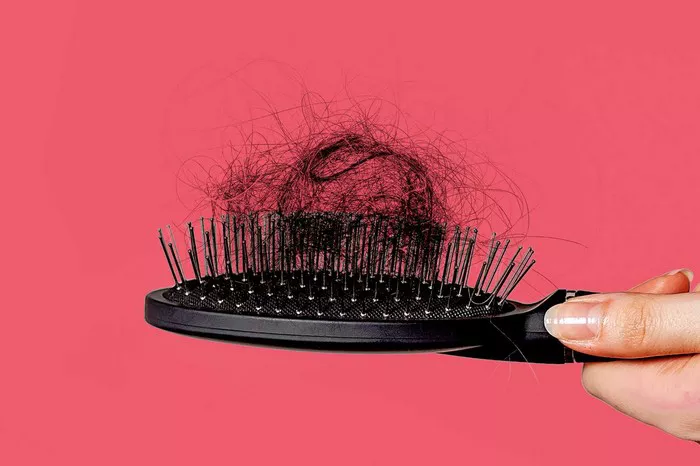Hair loss is a common concern that affects individuals for various reasons, and hormonal changes play a significant role in this phenomenon. Hormone Replacement Therapy (HRT) is often discussed in the context of managing hormonal imbalances, particularly in conditions like menopause. In this article, we will explore the relationship between HRT and hair loss, delving into the impact of hormonal changes and whether HRT can effectively address and prevent hair loss.
Understanding Hair Loss: The Intricate Web of Hormones
The Hormonal Influence on Hair: Hair growth is intricately connected to hormonal fluctuations. Androgens, such as testosterone and dihydrotestosterone (DHT), play a crucial role in regulating hair growth. An imbalance in these hormones can contribute to hair loss.
Hormonal Changes and Hair Loss: Various life stages, including puberty, pregnancy, and menopause, involve significant hormonal shifts that can impact the hair growth cycle. Hormonal changes can lead to conditions like androgenetic alopecia (pattern baldness) and telogen effluvium (excessive shedding).
HRT and Hormonal Restoration: An Overview
HRT Defined: Hormone Replacement Therapy involves the administration of hormones to replace or supplement the body’s natural hormone levels. Commonly used in menopausal women, HRT aims to alleviate symptoms associated with hormonal changes.
Types of HRT: There are different types of HRT, including estrogen-only therapy (ET) for women who have undergone a hysterectomy and combined estrogen-progestin therapy (EPT) for those with an intact uterus. The choice of therapy depends on individual health considerations.
The Impact of HRT on Hair Loss: Examining the Evidence
Estrogen and Hair Growth: Estrogen, a key component in HRT, is known to have a positive impact on hair growth. It extends the anagen (growth) phase of the hair cycle and may counteract the effects of androgens that contribute to hair loss.
Progestin and Androgenic Effects: The role of progestin in HRT is more complex. Some progestins have androgenic properties, which could potentially contribute to hair loss in susceptible individuals. However, the overall impact may vary based on the specific progestin used.
HRT and Hair Loss: Studies and Clinical Perspectives
Studies Supporting HRT’s Positive Impact: Some studies suggest that HRT, particularly estrogen therapy, can have a positive impact on hair thickness and density. Women undergoing HRT for menopausal symptoms may experience improvements in their hair’s overall health.
Individual Responses to HRT: Responses to HRT, including its effects on hair, can vary among individuals. Genetic factors, pre-existing conditions, and the specific hormonal components of the therapy all contribute to the diverse outcomes observed in clinical settings.
Considerations and Potential Risks of HRT
Individual Health Factors: Before considering HRT as a solution for hair loss, it is crucial to assess individual health factors. HRT is not suitable for everyone, and potential risks should be weighed against the intended benefits.
HRT and Breast Cancer Risk: The association between HRT and an increased risk of breast cancer has been a subject of concern. Women considering HRT, including for potential hair benefits, should discuss the overall health implications with their healthcare provider.
Alternatives and Complementary Approaches to Addressing Hair Loss
Topical Treatments and Medications: Topical treatments containing minoxidil, an FDA-approved medication for hair loss, can be considered as a non-hormonal approach. Consultation with a healthcare professional is essential to explore the suitability of these treatments.
Nutritional Support and Lifestyle Changes: A well-balanced diet rich in essential nutrients, coupled with a healthy lifestyle, can contribute to overall hair health. Nutritional deficiencies and stress can impact hair growth, so addressing these factors is essential.
Conclusion
The relationship between HRT and hair loss is complex, and the efficacy of HRT in preventing or addressing hair loss varies among individuals. While some studies suggest potential benefits, the decision to undergo HRT should be made cautiously, considering individual health factors and potential risks. Consulting with a healthcare provider is crucial to assess the suitability of HRT and explore alternative approaches to managing and preventing hair loss. Ultimately, the goal is not only to address the cosmetic concern of hair loss but also to prioritize overall health and well-being.

